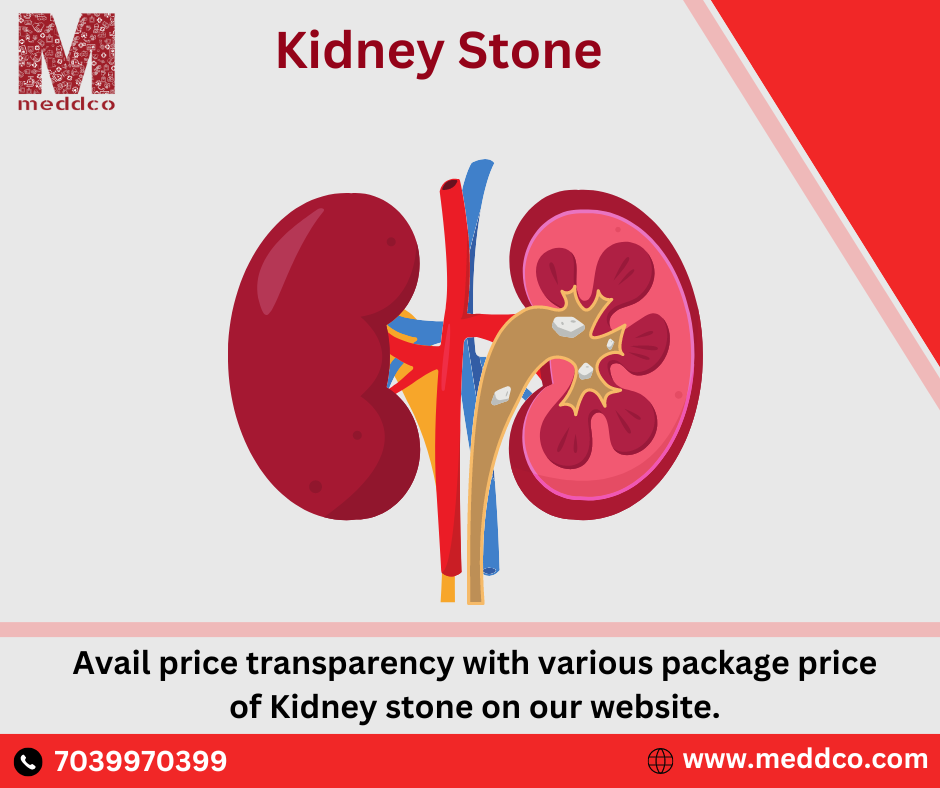

: Admin : 2023-03-02
Diagnosis
Kidney stones are diagnosed through the following tests:
1- Urine Test
Your doctor will assess the presence of any bacteria in your urine and the level of each substance being formed in your kidneys.
2- Imaging Tests
An x-ray or CT scan will help your primary care physician to see the presence and size of the stones. It will help determine the type of treatment best suited for your condition.
3- Blood Tests
Blood tests will tell how well your kidneys are functioning and any bacteria present in your bloodstream. These tests will also look for any biochemical issues that may indicate a kidney problem.
Treating Kidney Stones
Not all kidney stones require medical treatment. Once diagnosed, your physician will determine their size and quantity to prescribe the best treatment for you. Small stones are passed easily through urine by drinking excessive water. However, big stones may require surgery or some medical procedure to get removed.
Medication
Medication is given to:
Reduce pain
Relax ureter muscles for easy passing
Control nausea or vomiting
OTC pain medication like ibuprofen should be used as per the doctor's prescription only as it can increase your risk of kidney stones.
Surgical Procedure
Surgical procedures are the last option recommended by any physician. Usually, four surgeries are done depending on the size and quantity of your stones. Three of these surgeries are minimally invasive, while one option is a big procedure.
Surgical procedures include:
Shockwave Lithotripsy
In this, you are required to sit inside a tub, and shockwaves are sent through the water to your stones. This breaks the stones and allows them to pass through your urinary tract easily.
Ureteroscopy
A ureteroscope is inserted in your urethra to see the stones and collect them in a surgical basket or break them apart through a laser. It will help them to exit the body easily.
Percutaneous Nephrolithotomy
This option is used when stones are too many or too large. A small incision is made on your back through which a tube is inserted. It sucks them out of the kidney directly after disintegrating the stones through an ultrasound probe. Patients are kept overnight for observation after this procedure.
Open Stone Surgery
This procedure is rarely chosen as it incorporates a much larger cut to direct cut out the stones from the kidneys. It is highly invasive and not chosen by the physician unless the condition is critical.
You must always practice preventive measures to avoid kidney stones. People in their late 30s and early 40s are particularly at a higher risk. Therefore, they must be vigilant as precautions are better than treatment. It is always better to consult the best Gastroenterologist in Peshawar for better guidance. Book an appointment with the best Gastroenterologist in Multan through Marham.
kidney stone kidney treatment stomach pain stone surgery
No Comments